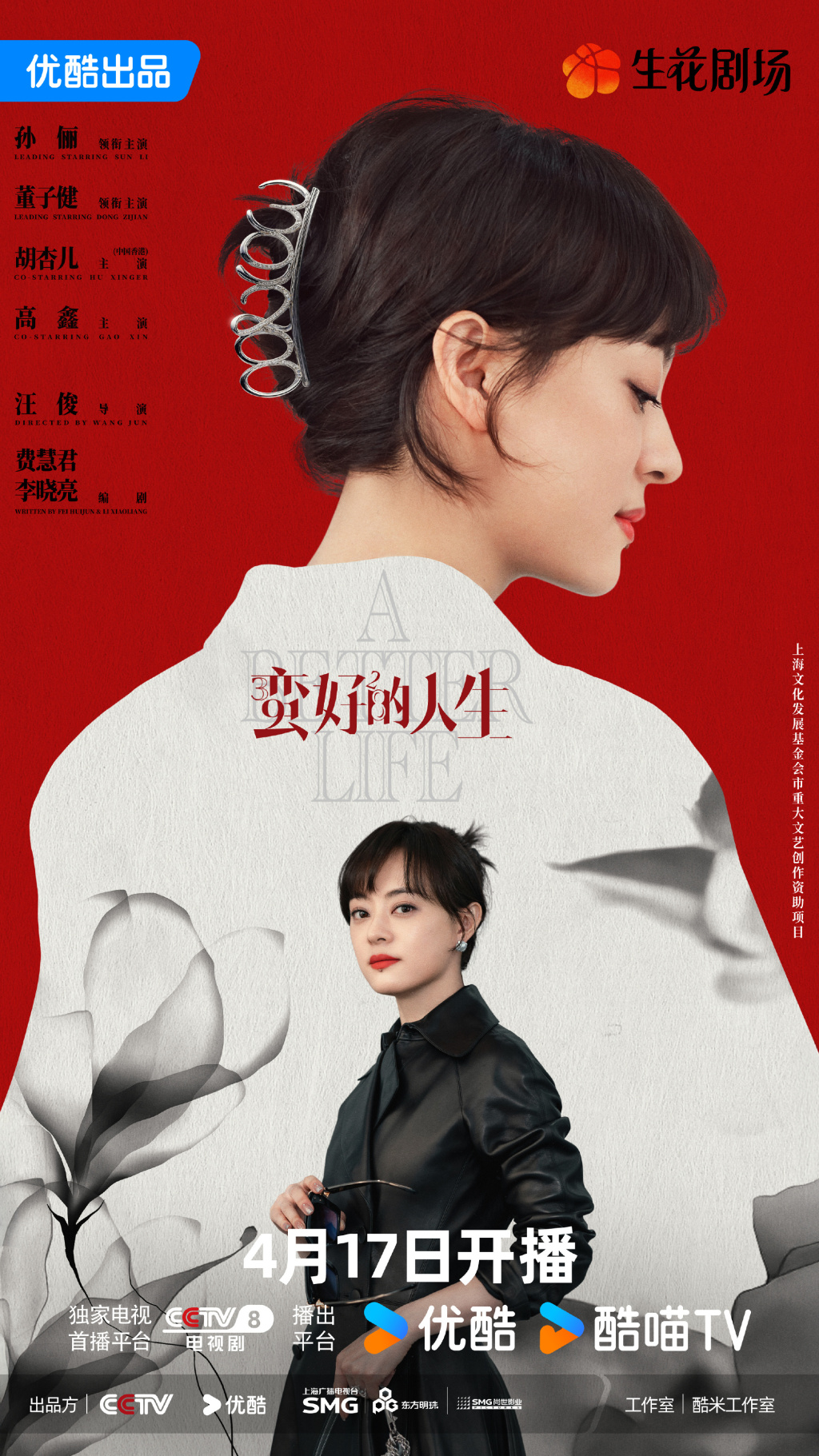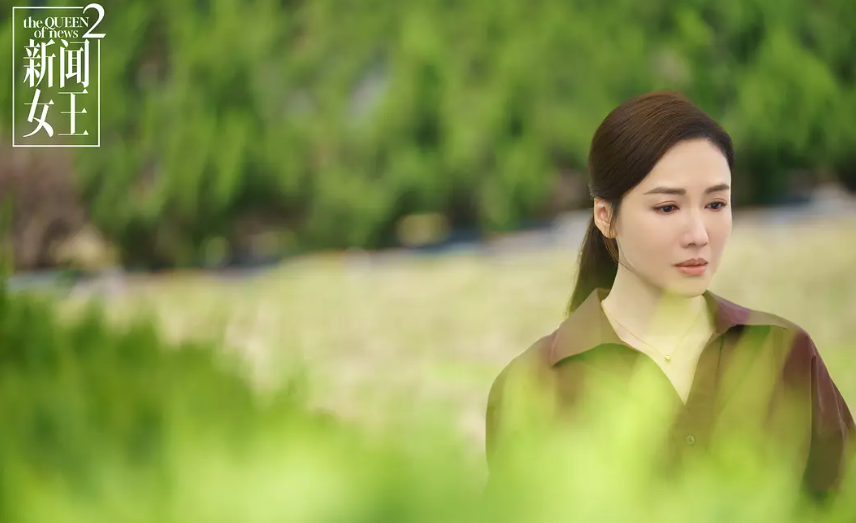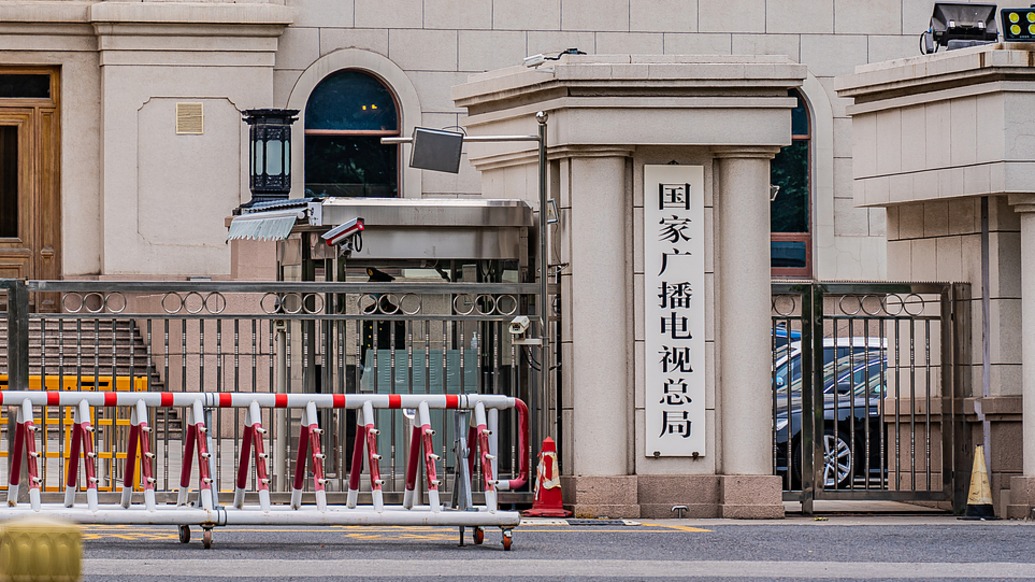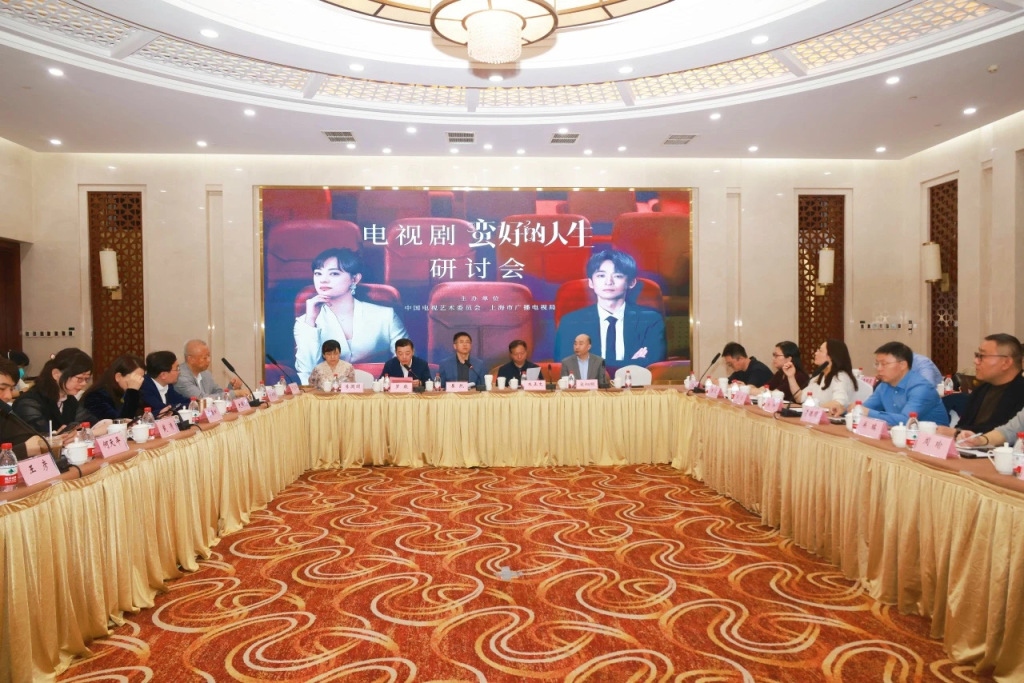
In the current film and television market, urban dramas, as one of the most popular genres, are prone to falling into the bottleneck of "routine" creation and are difficult to bring freshness to the audience. Just when many creators were racking their brains for this, director Wang Jun debuted his new drama "A Pretty Good Life". This work, which focuses on the insurance industry, not only shows the complex interweaving of work and life, but also shines with its unique character creation and novel character relationships.

"A Good Life" poster
Talking about the opportunity to take on the role of "A Good Life", Wang Jun said frankly that this was a tacit cooperation with Sun Li. The two had always hoped to work together, and when they encountered this script, they hit it off. For Wang Jun, who had never really set foot in the field of workplace dramas, he saw an opportunity to create a new theme; and Sun Li was very fond of the role of Hu Manli.
In the play, Sun Li's Hu Manli is very different from her previous roles. In Wang Jun's eyes, the "vulgar girl" Hu Manli is inspiring and real, full of fireworks. "She has her own rules of survival in the market, like ordinary people around us, with anxiety and fighting spirit. Sun Li has portrayed this character very vividly, which is easy for the audience to empathize with." Wang Jun commented.
In addition, the insurance industry was often misunderstood by the public in the past, and Wang Jun hopes to use this drama to correct the industry's reputation. "Insurance is closely related to people's livelihood, and most practitioners in the industry are honest and dedicated. Many of the cases in our drama are real, and I hope that the audience will have a new understanding of the insurance industry after watching it."
"A Good Life", which was filmed entirely in Shanghai, fully demonstrates the charm of this city. Wang Jun is full of love for Shanghai, "Shanghai is a treasure for creators, with an inexhaustible supply of themes, stories and characters. It has both historical heritage and vitality, and its shape looks good no matter how it is photographed. And as a financial center, it fits the theme of the insurance industry very well."
The drama uses a lot of Shanghai dialect to shape the characters, which was carefully designed by Wang Jun and Sun Li. "Dialects can bring the audience closer to the characters, make the expressions more vivid, and are very helpful in character shaping."
In Wang Jun's opinion, urban drama creation faces many challenges: social topics are repeatedly explored, scripts tend to be similar, and it is difficult to find fresh points and unique character relationships. In the creation of "A Good Life", Wang Jun did not define the genre, but integrated workplace and family elements into it, breaking the conventional definition. "The workplace has its limitations, and the family has its limitations. I think the integration of the two may be 'A Good Life'."

Stills from "A Good Life"
【dialogue】
Hu Manli is more down-to-earth than Sun Li's previous characters
The Paper : What opportunity made you pay attention to the insurance industry? What preparations did the creative team make before filming?
Wang Jun : Sun Li and I have always had a wish to work together. This script is suitable in all aspects. She also likes the role of Hu Manli. As for me, I have never filmed a real workplace drama, so we created this together. In the past, the public may have some misunderstandings or prejudices about the insurance industry. I just want to use this insurance-themed drama to correct the industry.
After we received this drama, we conducted some research on the insurance industry and visited some insurance companies to communicate with their employees, especially Sun Li, who also conducted a lot of visits. I think the insurance industry is closely related to people's livelihood. Every industry has individual negative cases, but most people working in the insurance industry are quite decent and dedicated.
Many of the cases in our play are real cases. I believe that after watching our play, everyone will have a new understanding of the insurance industry. As we said in the play, insurance is not icing on the cake, it is a timely help. I also think that the purpose of making this play, if we can get back to the basics and sort out the insurance industry so that everyone can have a correct view of this industry, I think we have achieved our goal. I have never bought insurance before, but after filming this play, I want to buy some insurance.
The Paper : The role played by Sun Li this time is quite different from her previous roles. How did you communicate with her about the role? What impression and feeling did her performance give you this time?
Wang Jun : Sun Li plays this role, which is quite different from the characters she has portrayed before. Some viewers said that the character is similar to the one in "Hot Mom 2", which I think is wrong. The character of Hu Manli is more down-to-earth than her previous characters. People may think that Hu Manli has some problems at first, such as vanity, a little witty, and even occasionally telling small, white lies, etc. These are all aspects of the complexity of Hu Manli, but as we watch later, we will feel that there is a big contrast between the true inner heart of this character and her appearance.
Compared to her previous roles, I think Hu Manli is more down-to-earth, more inspirational, and more real, more textured, and more down-to-earth. Her set of survival rules of the market philosophy is closer to today's working women. I believe that many working women, especially middle-aged working women, will see a lot of themselves in her: anxiety, but also tenacious fighting spirit.
I think Sun Li also acted very well, and made the details of this character, including every scene and every performance, very vivid. I think it is easier to empathize with her this time. Because she is like your neighbor, like your classmate, your friend, your colleague. I think Sun Li has successfully portrayed the image of Hu Manli.

Stills from "A Good Life"
The Paper : The heroine is facing mid-life crises in many aspects, including marriage breakdown and career. Do you hope to use this to explore the real reality of women?
Wang Jun : Yes, actually when I was filming the image of Hu Manli, sometimes I would sit in front of the monitor and I would be very moved when I saw Sun Li’s performance.
The heroine in our drama first faced her husband's infidelity, then divorce, and then a career low. All these blows were like the sky falling for her, but she was very tenacious. Hu Manli was an indestructible cockroach, just like the grass in the wilderness. She could grow with a little sunshine and rain.
I think Hu Manli is a role model. Don't be knocked down by life. Don't be dragged down by life. If bad things have happened, you must face them bravely. I think Hu Manli in our play can suppress these pains in her heart, and then face them bravely, prove herself with her own efforts, wipe the blood off her body, stand up, live out herself, and live out another world. This character image can bring positive energy to everyone.
The Paper : Many viewers have praised it as a "cool drama". How do you view this evaluation? How can we create a clear and unconventional "cool drama"?
Wang Jun : I don’t think “A Good Life” can be considered a happy drama, because there are many ridiculous things in life, much more ridiculous than our drama. Divorce or career setbacks are common to many people, and many people get up again and realize the value of life again, so our drama is still a humorous and warm realistic drama.
We tried to use a comedic style to dissolve the sense of suffering. If we were to say that it was a happy drama, then the heroine should be able to kill everyone in no time. But that wasn't the case. We were very realistic about how the heroine climbed up from the bottom step by step, and every step and every inch was very difficult. The audience may get a sense of satisfaction from her efforts and growth, but this kind of satisfaction is not the kind of revenge on the opponent, how to usher in the highlight of life, our drama does not have that.

Stills from "A Good Life"
The Paper : Dong Zijian plays Xue Xiaozhou, a very principled workplace rookie who has many interactions with the female lead. How did the two of them get along on set? Are there any interesting things on set?
Wang Jun : We had a lot of happy moments during the filming process. Hu Manli and Xue Xiaozhou would often burst out laughing while acting, and then they would pinch their legs and say, "Director, please scold us, we can't hold it back any longer."
What interests me most is the relationship between these characters. The male and female protagonists are two completely different people. Be it personality, business philosophy, or even age, they are completely unrelated. Yet, when put together, there is a wonderful chemical reaction.
At the beginning, they used each other to fight for their careers. In the middle, due to personality conflicts and business philosophy conflicts, the two had great conflicts, which were full of humor and coincidences. The fundamental way to resolve the conflicts was that the two people were the same in their basic colors. They were both kind and warm people. Moreover, this relationship was not a traditional sister-brother relationship. Of course, they had some emotions, but it was mainly a master-disciple relationship. They were like happy enemies and male and female thieves. Anyway, the feeling of loving and killing each other was very interesting.

Stills from "A Good Life"
Shanghai has an inexhaustible supply of materials and people
The Paper : You have created many high-quality TV dramas produced in Shanghai. Sun Li contributed her most Shanghai-based performance in "A Good Life" in many years. What are your special feelings about "A Good Life" being filmed entirely in Shanghai?
Wang Jun : I think Shanghai is like a treasure for all creators. It has endless themes, stories and characters to explore. It is really rich. Shanghai is unique. This city has both historical heritage and vitality. From the past to the present and the future, it is like a magnet for all creators, deeply attracting us. I have filmed many dramas in Shanghai, and the next drama I am preparing may also be in Shanghai, because it is really inexhaustible, with a lot of materials and characters to explore.
And from the perspective of appearance, Shanghai looks very good no matter how you shoot it. Its overall urban style is very distinctive, both fashionable and classical. From a visual perspective, Shanghai is a very good city to shoot. Many of the scenes taken in "A Good Life" made me feel very comfortable. I believe all directors especially like to shoot Shanghai.
Another thing is that Shanghai is the financial center of China. "A Good Life" is a story about the insurance industry, which is consistent with Shanghai's business temperament.

Scenes of Shanghai in "A Good Life"
The Paper : This time you used a lot of Shanghai dialect to shape the character. What were your considerations?
Wang Jun : Regarding the dialect issue, Sun Li and I have carefully designed it before. Because the dialect has one advantage, it can bring the audience closer to Hu Manli, and sometimes the expression of the dialect is more vivid than Mandarin.
For example, there is a phrase in our play called "Chai Baidang". When we were typing the subtitles, we couldn't find the corresponding Mandarin translation, so we could only say it as "liar". But the real Shanghainese "Chai Baidang" has a very specific meaning. It does not refer to a simple liar, but mainly describes a man who uses his sex appeal to cheat for benefits.
So sometimes using Shanghainese and dialects is very helpful for character creation. We also made very specific settings, such as when Hu Manli speaks Shanghainese to whom and when she speaks Mandarin. She sometimes speaks Shanghainese because her client is from Shanghai, which can fully bring her closer to her client. Also, when she is angry, she will instinctively speak Shanghainese because Shanghainese is her mother tongue. In this way, whether it is the mentality of the character or the accuracy of emotional expression, dialect plays a key role. So the setting of dialect is really out of consideration for character creation.
The Paper : What do you think is the core of urban drama creation? What challenges does this genre face in the current market environment?
Wang Jun : Urban dramas, including workplace dramas, I think the bottleneck has occurred a few years ago. I have shot more urban dramas, such as "Little Farewell", "Little Joy" and "Xiao Min's Family", which are all urban dramas, including "The Story of Rose".
It is very difficult to create an urban drama. Sometimes I feel lost and don’t know what to write, because almost all social topics have been discussed. It is nothing more than marriage, parent-child relationship, intergenerational relationship, college entrance examination, children’s education, and elderly care issues. These topics have appeared in film and television works for many years, so what bothers me is that many scripts on the market are a bit similar. They can’t get out of those routines. It’s hard to find fresh points and find character relationships that have never been done. All the people in urban dramas are people around you. You can’t deceive the audience. If you are a little bit floating, the audience will immediately think you are making it up.
So we have to make urban dramas very sincere, and make all the characters and events feel breathable and real, so that all the audiences feel that this is what happened between our neighbors. To achieve this, we have to give the story a lot of life details. But details and emotions cannot be made up, they must be the personal experiences of the creators to be vivid. So some people say that urban dramas are my comfort zone, but for me, it is like sitting on pins and needles. It is really not a comfort zone, because it is getting harder and harder to do. Maybe if urban dramas are to continue, there will be a difficult journey, because this road may become narrower and narrower.
I took on "A Good Life" because it has an area I have never been involved in, which is the insurance industry. But it is a semi-workplace drama, and it also has a family part. Family and workplace are complementary, and characters need to grow. If there is no family to support her and provide soil for her growth, many things will seem unreal.
Before filming began, Sun Li asked me how to define "A Good Life"? Is it a workplace drama or a life drama? I said don't define it, because the workplace has its limitations, and the family has its limitations. I think the fusion of the two may be "A Good Life".


